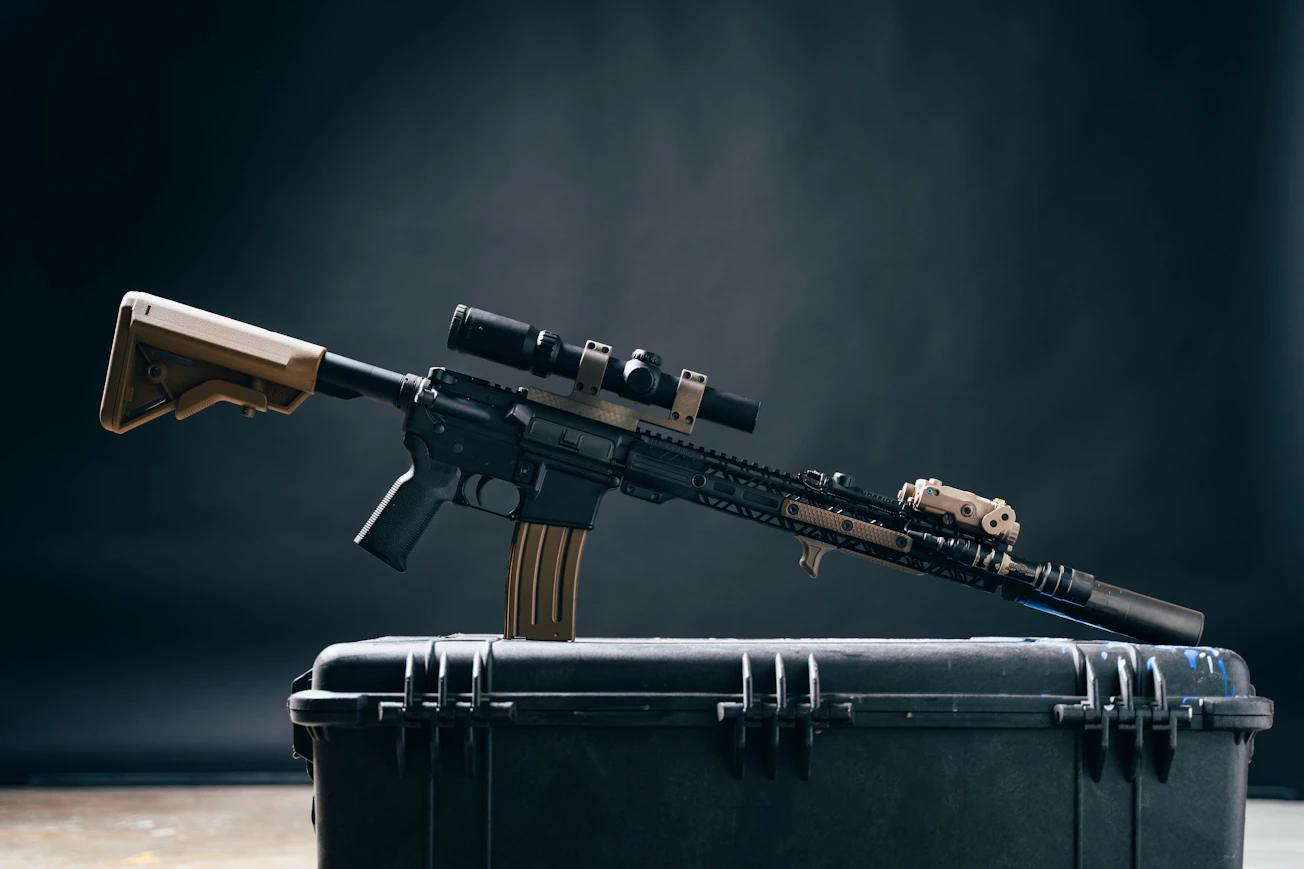The 2023 epidemic of mass shootings has inspired much comment in recent weeks. Three of the more interesting opinion pieces I have encountered range across the political spectrum.
Former Republican Majority Leader of the Senate, Bill Frist, joined two Nashville colleagues to write an essay on “Gun Violence is the No. 1 Killer of Children” (Tennessean, 4-17-23). New York Times columnist and Episcopal priest Tish Harrison Warren wrote a column on the importance of social change in addressing this issue (New York Times, 4-23-23), and Times columnist Nicholas Kristof wrote a lengthy piece on a host of ways to reduce gun deaths (New York Times, 4-10-23).
All three opinion pieces focus on common-sense measures to protect us from gun violence.
Frist and friends emphasize the danger to children and focus on “child access prevention and safe storage laws” which would levy penalties on those who don’t lock up their guns or use trigger locks. They also recommend serious background checks and “required firearms safety courses for [gun] ownership.” Nineteen states (red and blue) currently require “extreme risk protection orders” that would allow officials to “confiscate firearms of potentially dangerous people or bar them from purchasing firearms.”
These suggestions are echoed by Kristof, who also compares the elaborate steps required to adopt a dog in Mississippi with the ease of buying a gun. To adopt a dog you need to fill out a 64-question application, get landlord approval if renting, have an in-person meeting with the entire family, and have your yard assessed for security and fencing. Then, after having a sleepover visit with the pet and paying a $125 adoption fee, you can adopt the dog.
By contrast, to buy a gun, you need only pass a 13-question background check. Kristof also recommends that all states require a license to buy a gun, just as we require a license to drive a car. And he doesn’t want to ban guns anymore than we would ban vehicles. We do regulate vehicles for safety, however. We don’t allow tanks on our streets, but we do allow AR-15 style military weapons with large-capacity magazines. Even our soldiers are not allowed to use hollow-point bullets; they are against the laws of war, but are easily available to anyone who purchases an AR-15 style weapon.
Both Kristof and Tish Warren focus on what may be the key point in our gun debate. Warren’s column is entitled “It will take not only policy change but also social change to turn the tide.” Once we move the debate to this stage, it becomes clear that the difficult problem of gun violence can be addressed. And we can do it without taking away any non-military guns.
Cigarettes and smoking are still legal, if socially much less acceptable than they were a generation ago. You could even smoke on airplanes until 1990, reminds Warren.
We also tax substances we want to discourage, such as cigarettes and alcohol. So why not a stiff tax on military guns and ammunition, suggests Kristof. He also points out that just a one percent increase in handgun prices “historically reduced demand by 2 to 3 percent.” That won’t violate the Second Amendment.
These two commentators also point out that both liberals and conservatives make mistakes in arguing their cases in the gun debate. Conservatives are wrong in opposing gun safety legislation but liberals focus too much on guns and not enough on the killers who use them. Kristof also believes that we liberals focus too much on assault weapons which account for only 7 percent of weapons used in crimes.
Both sides should focus more “on the whole panoply of interventions that may help.” This would range from careful background checks to curbing lead exposure in young children which has been shown to reduce violent crimes later in life.
I give Tish Warren the last word. She writes that “conservatives and progressives can surely agree that we need to approach firearms with sobriety, concern, maturity, and restraint” and “unite against foolishness, recklessness, and political posturing.”
It’s time for conservatives and progressives in Kentucky to take Warren’s advice, and come together with “maturity and restraint” to address the problem of gun violence in our state, and to find those solutions that both work and can be agreed upon, such as the ones listed by Frist and Kristoff.
--30--








